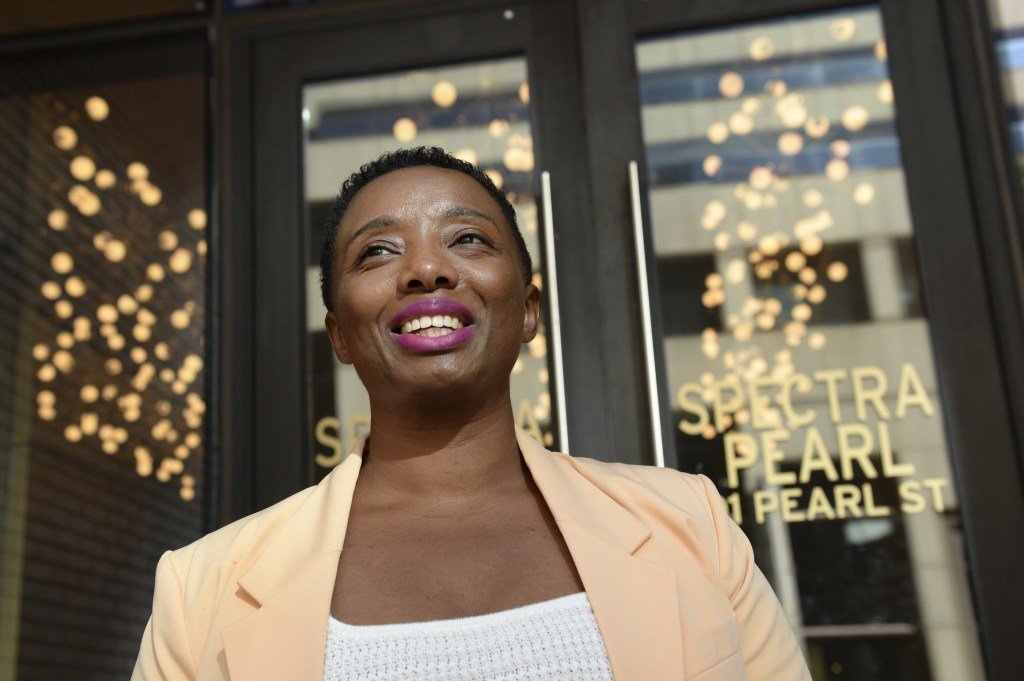Marijuana legalization is good for Connecticut. Our state collected over $22 million in tax revenue in just the first year of legalization for adult use, much of which was invested in communities disproportionately harmed by cannabis prohibition. Teen cannabis use has decreased in states where marijuana is legal, and a study even shows that being near a marijuana dispensary can increase property values. That’s why most Connecticut residents support marijuana legalization.
Despite overwhelming data concluding the positive effects of cannabis, stigma remains and has created local backlash from some who generally support cannabis. This creates a phenomenon where people who support common concepts like cannabis legalization, affordable housing, public transportation, and other social benefits get nervous when something comes to their neighborhood or backyard. This is commonly known as NIMBYism. NIMBYism around cannabis is emerging and is actively undermining the sustainable, job-creating industry that many of us are trying to build.
Across the state, towns are voting to ban marijuana sales or hijacking zoning processes to prevent marijuana stores from opening. These short-sighted decisions not only stifle economic development, they also fail to achieve their intended purpose: keeping marijuana out of backyards.
Connecticut is a small state. If a town bans recreational marijuana dispensaries, adults can still legally purchase marijuana products nearby or in the untested or age-restricted illegal market. Banning marijuana businesses does not curb marijuana consumption, it denies communities necessary infrastructure updates through a 3 percent sales tax levied on cities and towns where sales occur, and limits towns’ ability to keep marijuana out of the hands of minors by strengthening the illegal industry (sales at legal dispensaries are strictly age-restricted to adults 21 and over).
Legal cannabis businesses give back to their local communities more frequently than other retailers, writing checks directly to support local charities and leading other efforts to help give back to the community.
As a Black woman entrepreneur with a background in criminal justice and public interest, I have personally led dozens of record expungement clinics to help individuals expunge their criminal records. This is in addition to the natural ways dispensaries contribute to the community and economy, such as bringing new foot traffic to other local businesses downtown.
Blocking legal cannabis businesses would be a devastating blow to entrepreneurs, especially women and people of color, looking to start a business in one of the most heavily regulated industries in the country. Limiting the number of towns in which dispensaries can be located, combined with additional necessary restrictions such as proximity to schools and churches, would severely limit the availability of real estate that meets all operational requirements. Ultimately, it would raise the start-up costs associated with opening a dispensary, making it harder for demographics with historically less access to capital to own and operate a cannabis business.
“Working in the legal cannabis space is not for the faint of heart and I knew it wouldn’t be an easy journey, but I never expected to be thwarted by those who would benefit most from embracing legal cannabis in their hometown. I hope that Connecticut residents will soon see that their neighboring communities are thriving with cannabis businesses, take a look at the facts, and rethink how they approach legal cannabis sales in their own towns.”
Tiana Hercules is a Hartford City Council member and a licensed cannabis dealer.

